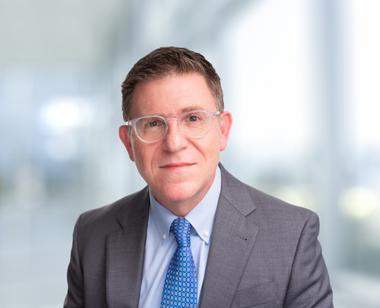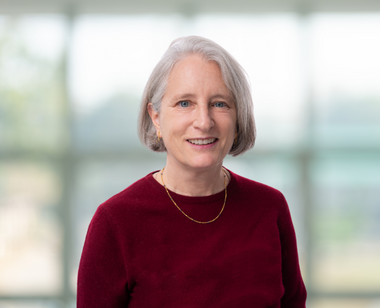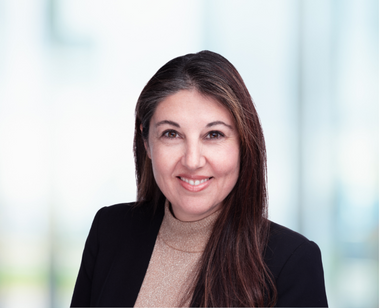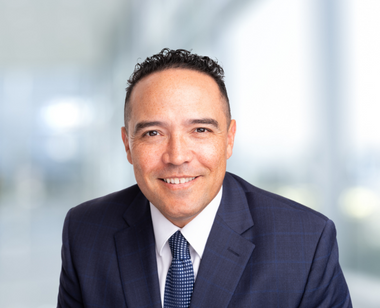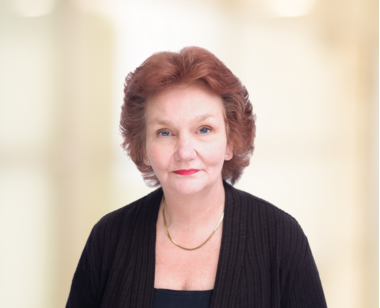What's it like to work with F3?
As a religious or parochial school, your mission is to provide your students with an excellent education based both on your relationship with your religious affiliation and on the demands of the society at large. As attorneys devoted to education in all its forms, our representation and counsel are based on a deep understanding of and sensitivity to your school’s unique governance structure, community, and religious/cultural milieu.
What can F3 solve for you?
While as a religious or parochial school you are not regulated in the same way as public schools, you nevertheless have some federal and state compliance requirements, a governance structure, business activities, real estate, facilities, employee, and more – all with legal implications with which F3 attorneys have long, education-specific experience. Whether a matter is related to your religious affiliation, to the unique characteristics of your school, or to the needs all schools have in common, F3 has the broad scope and depth of experience to be your partner in solving it.
“Providing meaningful legal counsel to religious and parochial schools requires knowing each school’s unique mission, as well as its affiliation and relationship with a religious organization and reliance on that organization for funding, governance, curricular matters, and more.”
– L. Carlos Villegas, Partner
Today, an increasing number of families are selecting faith-affiliated schools for their children’s education. Reasons for doing so may be religious, political, or others. Religious and parochial schools may reflect a family’s views on both their faith and allow their voices to be present in their children’s education. Although similar in most ways, religious and parochial schools differ in that “parochial” schools are Catholic schools, and “religious” schools might be affiliated with any faith or an independent Catholic school not affiliated with an archdiocese. A parochial or religious school’s relationship with its faith organization and related tenets are key in understanding the beliefs and structure under which that school operates. These factors all have an impact on how F3 attorneys counsel these clients, especially regarding governance, funding, and other matters. Our sensitivity to how each school operates is a key element of our relationship with any school.
The legal frameworks of religious and parochial schools are the same in most regards. Most religious and parochial schools rely on tuition to cover the majority of operating costs. Both have more freedom than public schools to make their own rules, such as hiring and firing, tenure, and a curriculum/pedagogy that generally includes religious instruction and they are not bound by most provision in the Education Code. Their governance structures are not state-empowered boards of education and superintendents, but may instead be boards of trustees and/or an overseeing religious organization, such as a Catholic archdiocese or Jewish yeshivot. We serve these clients by learning about their community and stakeholders, their day-to-day operations, and their long-term goals. We also are keenly aware of those areas where religious and parochial schools must follow federal and state laws and regulations and advise them accordingly.
